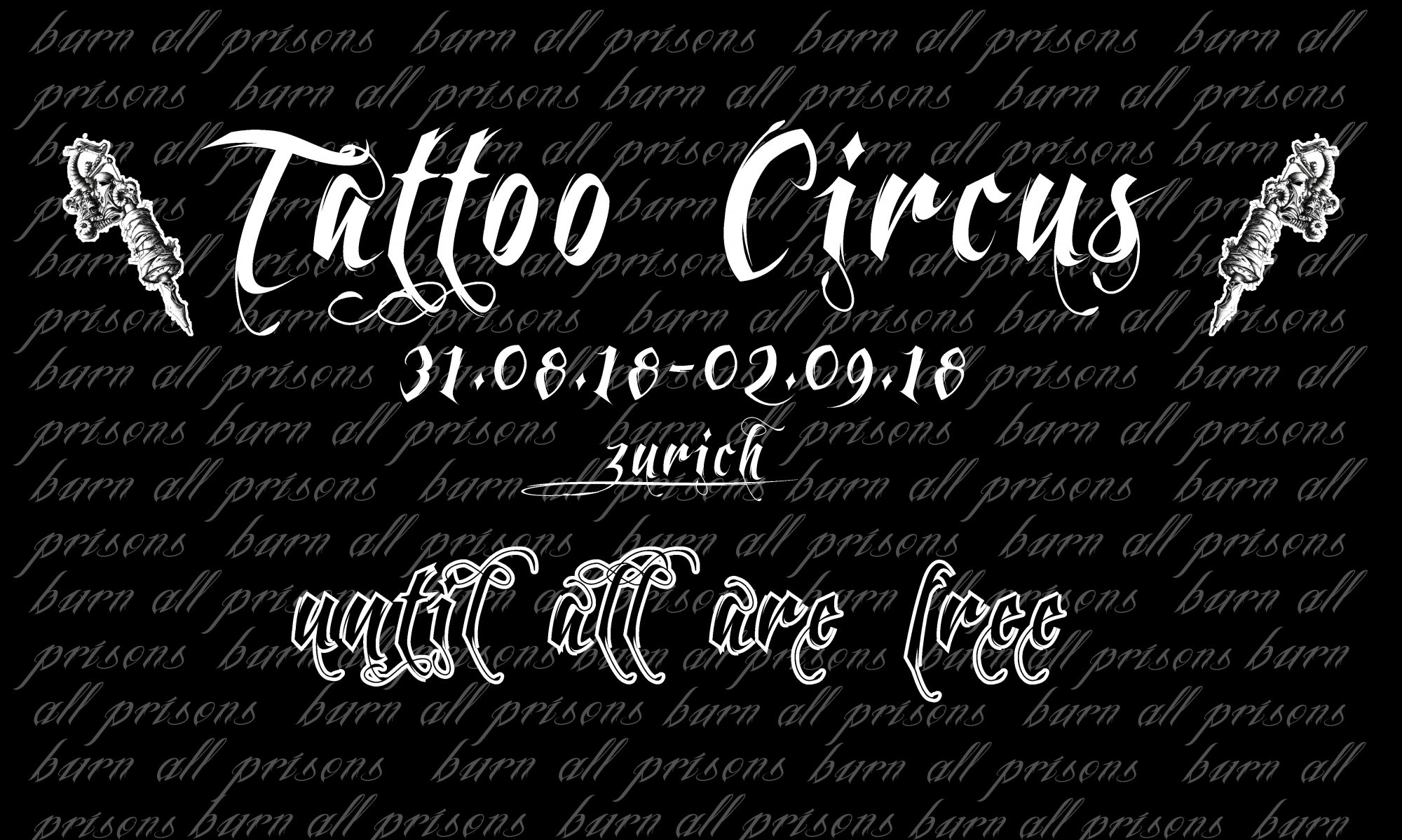In the course of a general intensification and a shift to the right, recent years have seen different repressive attacks against anti-authoritarian and anarchist movements. Some examples of these attacks are Operation Pandora (2014) or Operation Piñata (2015) in Spain, Scripta Manent (2016) in Italy, or more recently the searches and raids in connection with the last G20 in Hamburg. In France, the USA, and Turkey, states of emergency were declared and in Germany, zones were declared as danger zones. Also, in Switzerland, the laws are being intensified, at the moment in terms of jihadist motivated attacks, but of course also (soon) applicable to everything that is classified by the state as a terrorist or criminal organization. Preventative measures1 such as mandatory reporting, travel bans, obvious surveillance2 and covert surveillance3 are imposed on those posing a threat to public safety on the basis of concrete and up-to-date evidence. Repressive possibilities will be further expanded and enforced by the state; for the maintenance and consolidation of power. At this point, we ask ourselves how the various anti-authoritarian and anarchist movements deal with the experiences of such anti-terrorist operations or investigations. And how do we manage to defy the repression and continue to fight against the state and rulers?
The intentions of repressive strikes against anti-authoritarian and anarchist contexts by the state, besides information gathering, are predominantly the weakening or destruction of these movements. Anti-authoritarians and anarchists are locked up for a short or long period of time or have to go underground. Structures are shattered or destroyed and the social environment, as well as ongoing struggles against the rulers, are intimidated or disappear completely. At the same time, the methods and means of surveillance and repression become more and more perfidious and the technical tools more sophisticated and all-encompassing.
“The fight against terrorism therefore requires recognition of the networks of these criminal organizations, as well as their approaches…Now fedpol should be given the power to gather information from the internet and electronic media undercover.”
Consultation of police measures by the Federal Office of Police fedpol
As can be read from the excerpt “Consulation Police Measures by the Federal Office for Police fedpol” (Vernehmlassung polizeiliche Massnahmen vom Bundesamt für Polizei fedpol), the focus is also on the organization and communication, which often takes place in anarchist and anti-authoritarian circles about the use of technical tools. But, how do we protect ourselves against permanent surveillance and how can moments be created in which we withdraw control from the rulers?
The social discourse is also shaped by the state-loyal media, which defames anti-state movements as “terrorist.” Thus, anti-authoritarian and anarchist struggles are described as acts of terrorism, thus trying to pull the rug out from under any ideas for a life without rulers, as well as to socially justify the repression by means of media agitation.
We would like to have a collective exchange and discussion round at the Tattoo Circus 2018 in Zurich. In addition to providing input on the new anti-terrorism law in Switzerland, there will also be brief inputs from other countries to discuss together.
Here again are the questions summarized, which we would like to discuss together. If you have further questions or content suggestions, they would be welcome and can be sent to our email (tattoocircus-zurich[at]riseup.net).
-
How do various anarchist and left-militant movements handle the repressive attacks?
-
What did we learn about such anti-terror operations or investigations?
-
How do we manage to defy repression and fight against the state and rulers further?
-
How do we protect ourselves against permanent surveillance?
-
How can moments be created in which we withdraw control from the rulers?
1 Vorentwurf, Bundesgesetz über polizeiliche Massnahmen zur Bekämpfung von Terrorismus, 5. Abschnitt
2 Vorentwurf, Bundesgesetz über polizeiliche Massnahmen zur Bekämpfung von Terrorismus, 5. Abschnitt, Art. 23m
3 Vorentwurf, Bundesgesetz über polizeiliche Massnahmen zur Bekämpfung von Terrorismus, 8. Abschnitt; Art. 3a&b
